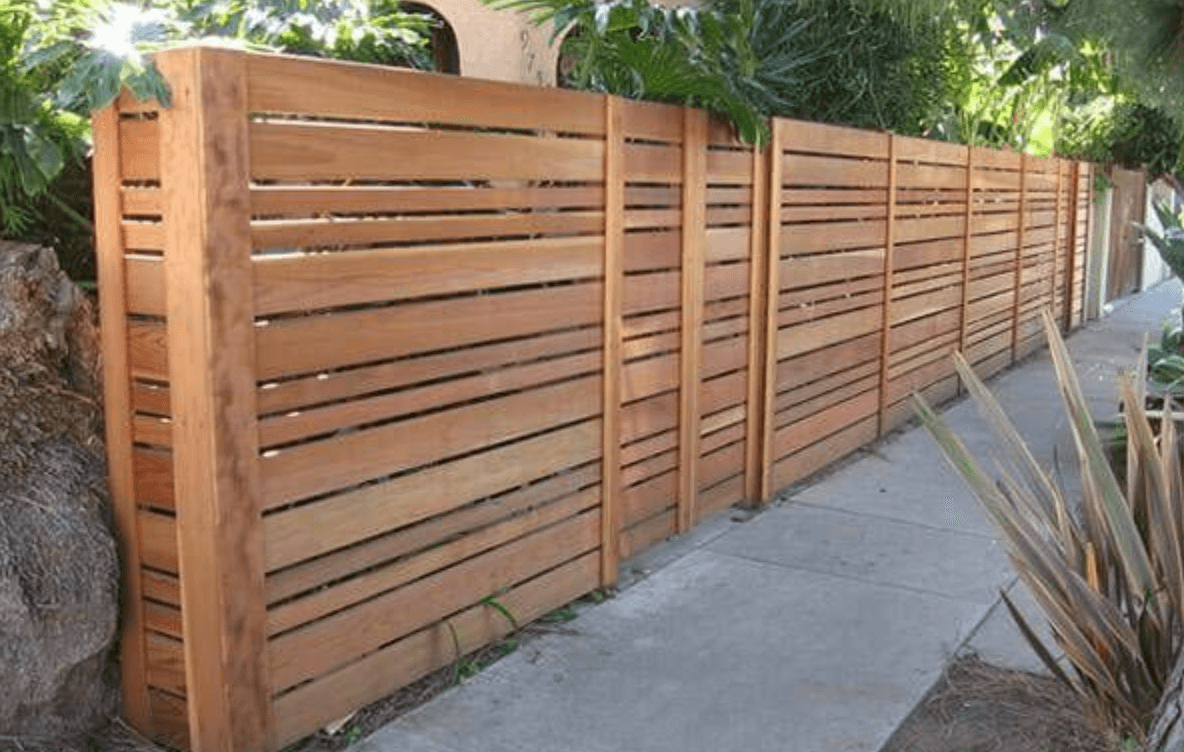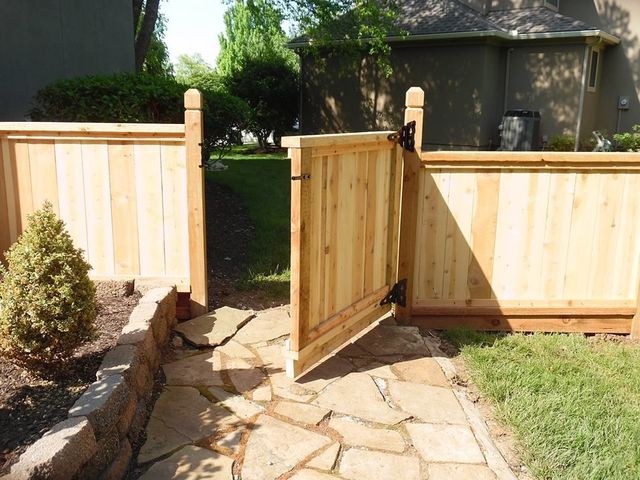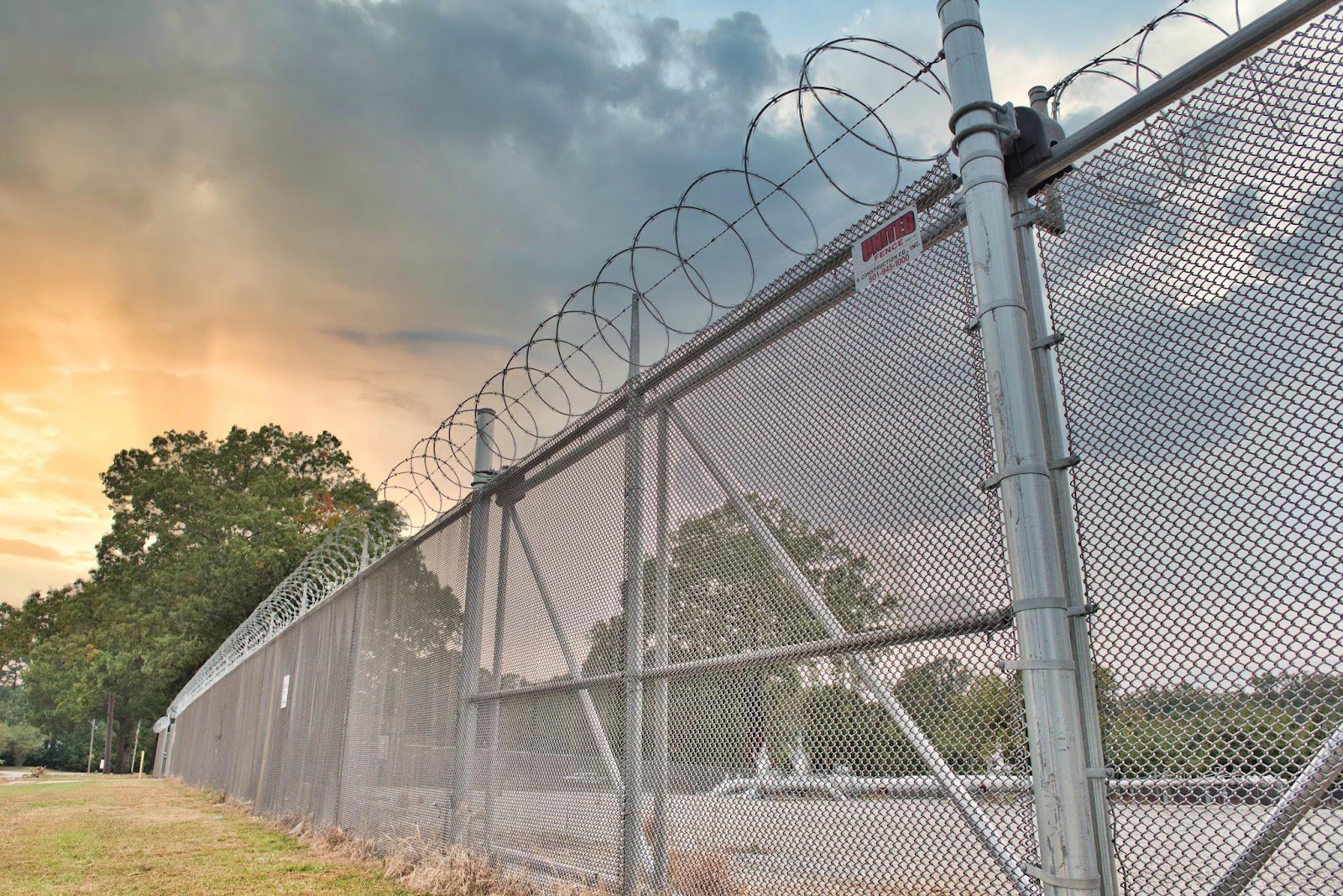All Categories
Featured
If you're considering setting up a fence around your property, understanding the license needs in your location is essential. While constructing a fence might appear like a basic do it yourself project, a number of guidelines might regulate its building and construction relying on where you live. Failing to obtain the correct licenses can result in fines, charges, and even needing to remove the fence altogether. In this guide, we'll break down the various permits you may require to mount a fence and how to guarantee your job remains certified with neighborhood regulations.
Why Are Allows Required for Fencing Setup? Permits are required to make certain that the fence you construct adheres to neighborhood structure codes, zoning policies, and safety and security standards. They make sure that the fence will not block utilities, traffic circulation, or create hazards for pedestrians.
![]()
Sorts Of Permits You May Demand. Structure Permit. A building authorization is one of the most typical demand for mounting a fencing. This license ensures that the framework you develop adhere to neighborhood safety and security codes and laws. If your fencing surpasses a specific height (typically around 6 feet), you might require to obtain a structure license. The neighborhood authorities will usually review your strategies to make sure that your fencing is structurally sound and safe.
Zoning Permit. A zoning authorization guarantees that your fencing complies with these regulations. Your fencing might require to be established back a certain distance from walkways or building lines.
Homeowners Association (HOA) Approval. If your property is part of a property owners association, you may require approval prior to mounting a fencing. HOAs frequently have strict guidelines relating to the kind, design, and materials utilized for fencings to keep a consistent appearance throughout the community. The HOA may require you to send comprehensive plans or demand approval prior to setup. Make certain you adhere to these guidelines to stay clear of possible penalties or fines.
Specialty Permits. In many cases, you may require specialized permits based upon the location of your home or the nature of your fencing. If your building is in a flood zone, you may need extra permits to ensure that your fencing does not block water drainage or water circulation. If you plan to develop a fence near an ecologically protected area, you might need a special license to abide with ecological guidelines.
![]()
Energy Easements and Utility Business Authorizations. Prior to mounting a fencing, you have to examine if your property has an easement. Building a fence within an easement can conflict with utility maintenance or damage underground lines.
How to Determine Which Allows You Required. Inspect with Regional Authorities. The very first step in determining the licenses called for is to call your neighborhood structure department or zoning office. They can supply particular information about what authorizations are needed for your location. Lots of cities have on the internet sources or websites where you can inspect the needs or even request an authorization online.
Get In Touch With an Expert Fencing Contractor. A local fencing professional is often accustomed to the permit procedure and regional regulations. They can help you browse the needs and make certain that your project is compliant. Many service providers additionally deal with the license application process on your behalf, saving you time and effort.
Testimonial Your Area's HOA Standards. If you stay in a neighborhood controlled by an HOA, make sure to review their standards prior to making an application for any type of licenses. The HOA might require particular layouts, products, or elevation restrictions for fencings within the area. Submit your strategies to them for authorization before proceeding.
![]()
Effects of Not Acquiring an Authorization. Setting up a fence without the needed authorizations can lead to significant consequences. Potential customers might wait to purchase a residential or commercial property with an unpermitted fencing, especially if it's in violation of zoning regulations.
Conclusion. Prior to installing a fence on your residential property, make certain you comprehend the regional laws and get any type of required licenses. Structure permits, zoning licenses, HOA authorizations, and specialty allows all play an essential duty in guaranteeing that your fence is safe, legal, and certified.
Why Are Allows Required for Fencing Setup? Permits are required to make certain that the fence you construct adheres to neighborhood structure codes, zoning policies, and safety and security standards. They make sure that the fence will not block utilities, traffic circulation, or create hazards for pedestrians.

Sorts Of Permits You May Demand. Structure Permit. A building authorization is one of the most typical demand for mounting a fencing. This license ensures that the framework you develop adhere to neighborhood safety and security codes and laws. If your fencing surpasses a specific height (typically around 6 feet), you might require to obtain a structure license. The neighborhood authorities will usually review your strategies to make sure that your fencing is structurally sound and safe.
Zoning Permit. A zoning authorization guarantees that your fencing complies with these regulations. Your fencing might require to be established back a certain distance from walkways or building lines.
Homeowners Association (HOA) Approval. If your property is part of a property owners association, you may require approval prior to mounting a fencing. HOAs frequently have strict guidelines relating to the kind, design, and materials utilized for fencings to keep a consistent appearance throughout the community. The HOA may require you to send comprehensive plans or demand approval prior to setup. Make certain you adhere to these guidelines to stay clear of possible penalties or fines.
Specialty Permits. In many cases, you may require specialized permits based upon the location of your home or the nature of your fencing. If your building is in a flood zone, you may need extra permits to ensure that your fencing does not block water drainage or water circulation. If you plan to develop a fence near an ecologically protected area, you might need a special license to abide with ecological guidelines.

Energy Easements and Utility Business Authorizations. Prior to mounting a fencing, you have to examine if your property has an easement. Building a fence within an easement can conflict with utility maintenance or damage underground lines.
How to Determine Which Allows You Required. Inspect with Regional Authorities. The very first step in determining the licenses called for is to call your neighborhood structure department or zoning office. They can supply particular information about what authorizations are needed for your location. Lots of cities have on the internet sources or websites where you can inspect the needs or even request an authorization online.
Get In Touch With an Expert Fencing Contractor. A local fencing professional is often accustomed to the permit procedure and regional regulations. They can help you browse the needs and make certain that your project is compliant. Many service providers additionally deal with the license application process on your behalf, saving you time and effort.
Testimonial Your Area's HOA Standards. If you stay in a neighborhood controlled by an HOA, make sure to review their standards prior to making an application for any type of licenses. The HOA might require particular layouts, products, or elevation restrictions for fencings within the area. Submit your strategies to them for authorization before proceeding.

Effects of Not Acquiring an Authorization. Setting up a fence without the needed authorizations can lead to significant consequences. Potential customers might wait to purchase a residential or commercial property with an unpermitted fencing, especially if it's in violation of zoning regulations.
Conclusion. Prior to installing a fence on your residential property, make certain you comprehend the regional laws and get any type of required licenses. Structure permits, zoning licenses, HOA authorizations, and specialty allows all play an essential duty in guaranteeing that your fence is safe, legal, and certified.
Latest Posts
Safeguard Your Home with High Quality Residential Roof
Published May 25, 25
1 min read
Why Consistent Vehicle Maintenance at Montclare Auto Repair Saves You Money
Published May 25, 25
1 min read
Boost Your Building with Expenses Door Systems
Published May 22, 25
1 min read